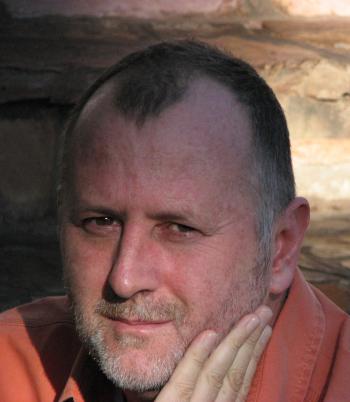Posted on November 1, 2010

The narrator cautions "any wishing to eagerly aid me with this request. In England the finding of negro blood within a family is not always met with rejoicing"¦do not think to approach up Emily Goodwin too hastily with the details of this story, for it may prove to be unsettling."Â The success of The Long Song indicates that the legacy of slavery, with all its shame and distress, is still unresolved in countries where slavery was practiced. Most records of slavery were written by slave owners. A few records exist from the British Caribbean describing plantation life from the point of view of the enslaved.
Andrea Levy comments on her writing in an interview with The Daily Beast, an online BlogSpot:

In the same way, but even more dramatically, the discovery of past family involvement in slavery can be more "unsettling"Â for the distant descendants of the slave owners themselves. As abolitionism took root in Great Britain the 1800s, with the eventual abolition of both slave trading and slave ownership, slave owning families returned to Great Britain and many settled into the task of establishing new colonies in Africa and elsewhere, including South Africa.
I come from a family with Cape Town English-speaking white liberal credentials, which fuelled my own interest in anti-apartheid activism, culminating in dealing with rural land claims in the northern areas of this country. In writing my own personal journey book, Lekgowa, which investigates the contradictory voices of the families into which I was born, I found detailed records of my maternal family's celebrated involvement in the extension of colonial hegemony in the complementary role of missionaries, soldiers and administrators.
I also came across a hint on my maternal family's connection to Jamaica in the 1800s in my grandfather's last will and testament. Through careful tracing I have managed to make contact with dispersed relatives in my maternal family who have been slowly piecing together a complex genealogical story of their ancestry.
My family were Sephardic Jews, which was the first aspect of the family history that had been edited out of my grandfather's account. I found that, after leaving Jamaica and Barbados, they changed their names and surname(s) and were granted titles by Great Britain for their contribution to creating vast wealth in the colonies. They were abolitionists - and this was the edited history carried down to future generations.
In my search to confirm my grandfather's account, I have found detailed records of family slaveholdings in both Jamaica and Barbados, with the largest numbers of slaves being held on two plantations in Jamaica. Their great wealth had been made by trading in commodities produced using slave labour, and by banking the plantation economy.
The leads confirmed my worst fears. It was just too shocking and I froze. Secondary sources had given me an initial sense that their slave ownership may have been limited to household slaves, but the primary records stunned me. I will need time to find the emotional strength to go further " but I have a sense of dread. This is my first attempt to write this up.
My research opened up detailed records of their legacy in both Barbados and Jamaica during the height of slavery from the colonisation of the islands and the eventual abolition of slavery in the 19th century. I have the names of the plantations, the names of the slaves and their children. I have the records of the deaths of their slaves. I have details of some their purchases and sales of slaves, as well as their wills in which slaves were given in inheritance (as property).
The era of slavery is long ago, but many people are still hurting - and The Long Song is about that hurt. Many descendants of slaves have done their best to move on, while former slave owning families have disappeared into society. Their surnames, given to freed slaves and children of some liaisons between slave and master, bind them together in a perverse way.
After ten years of working on the settlement of land claims, which has been an insignificant contribution to redress for apartheid, I am now dealing with an "unsettling"Â legacy. The practices of psychotherapy deal with aspects of our identities which are hidden but carried between generations in the form of silences, or secrets. My fantasy is that we find a way to get my broader family to finally tell the truth. This may not involve engaging with the descendants of the slaves identified by nominal first name identities on plantation records. They have spent generations dealing with their own shame and distress.
I wonder if this should remain a fantasy. Maybe, just like my family for nearly two hundred years, the appropriate action is to keep the silence. I don't have an answer, yet. This is also a challenge for many South African families who carry forward shame from earlier generations, bound to each other in ways that have been hidden for generations.
Andrea Levy notes with irony that the Sephardic Jews who owned plantations and slaves in Barbados and Jamaica " and elsewhere in the New World " were themselves descendants of clans from North Africa. I have confirmed this" another aspect of the family history which has been erased.
My 'white identity' is the product of three erasures of history. It is a conflicted identity. I now know why.
Tony Harding is the author of Lekgowa.